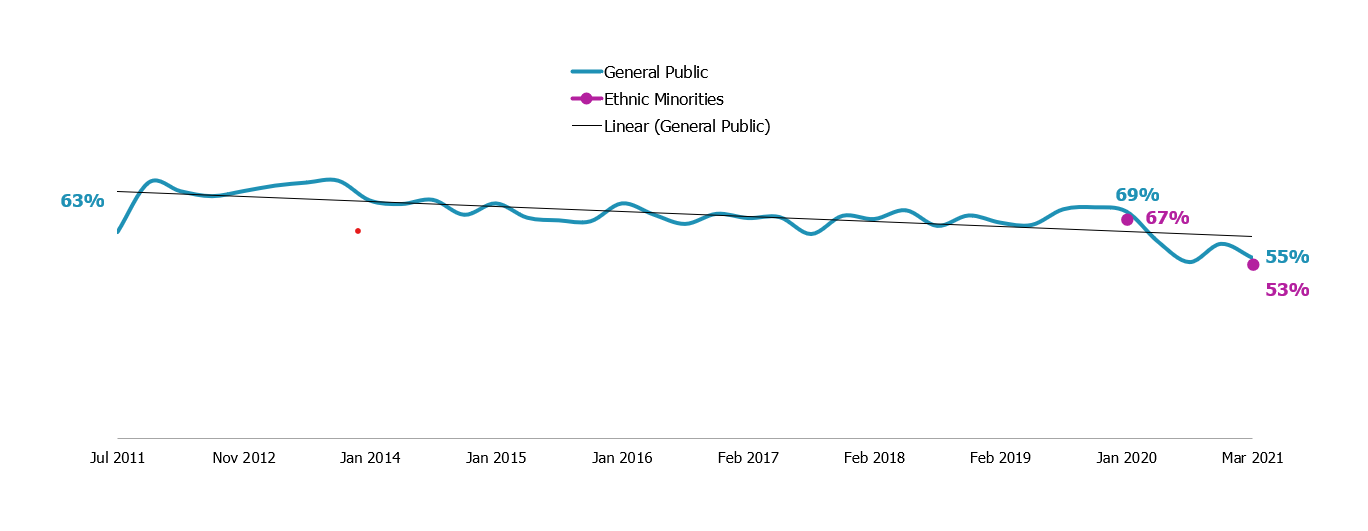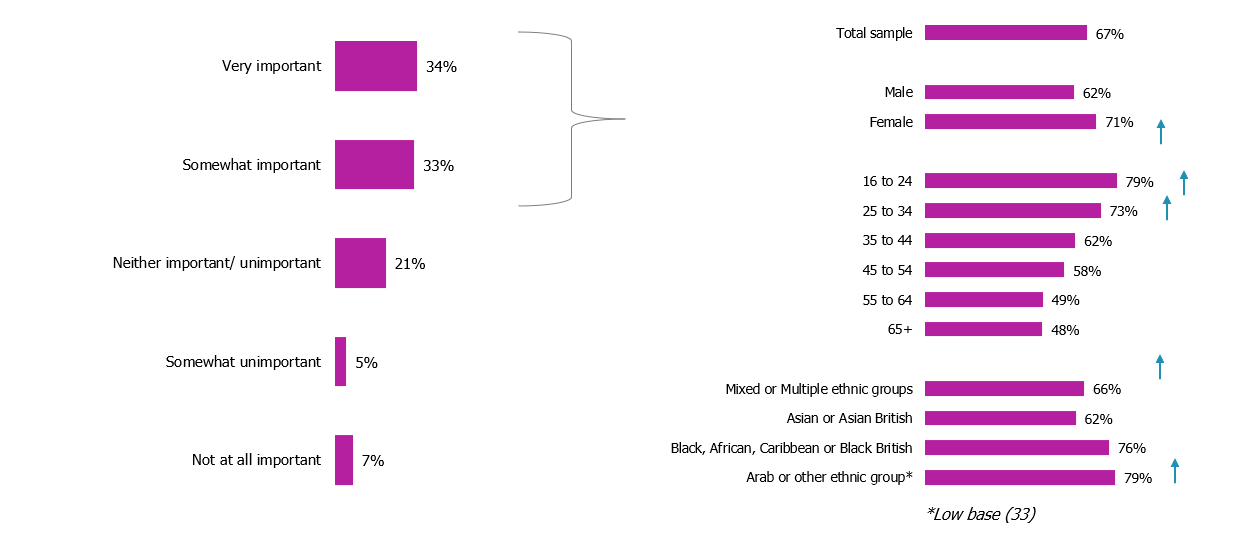Secil Muderrisoglu
Charities are becoming more inclusive and diverse, both in terms of the workforces they hire, but also with the stakeholders they choose to engage. Equality, Diversity, and Inclusion (EDI) strategies have become more of a priority. EDI is often mentioned – and increasingly sits at the heart of – conversations, debriefs and research projects with our clients. This is relatively new, compared to even just two years ago. This is fantastic progress for the sector; however, achieving full EDI won’t happen overnight. This will be a long game.
As part of our commitment to equality, diversity and inclusion within the sector, nfpSynergy turned its focus to ‘under-researched audiences’ back in 2019. We have been doing research with hard-to-reach audiences (e.g. people with some chronic illnesses) for a long time; however, we wanted to make sure all our clients and followers hear about other groups that are not always listened to or acknowledged, like people from Minority Ethnic groups and the Lesbian, Gay, Bisexual and Transgender (LGBT+) community.
These under-researched audiences are integral stakeholders for charities as donors, campaigners, users of services and more. So far, we have conducted quantitative research directly with people from Minority Ethnic groups (Nov 2019 & April 2021) and the LGBT+ community (July 2020).
Key findings from our latest Minority Ethnic groups research
Our latest research with Minority Ethnic groups took place between 11th March and 22nd April, with 1,014 adults from Britain. Our sample is an approximate representation of the Minority Ethnic population in terms of ethnic groups, skewed towards younger people and concentrated in London. Key trends like giving and volunteering are very much in line with the general public (see Figure 1). Charity giving rapidly declined with the onset of the pandemic, and has remained at some of the lowest levels we have seen since we began tracking. Shifts in the attitudes towards donation methods are also moving in the same direction for both audiences – digital is becoming more prominent, whereas more traditional methods are in decline. There have been reduced opportunities for the public to give to charity in the usual ways; however, digital methods such as giving by text message, credit/debit card, direct debit, and on a charity website have seen significant increases.
Giving remains at record low levels – for both the ethnic minorities and the general public (Figure 1)

“Have you donated to any charities in the last 3 months?”
Source: Charity Awareness Monitor, Mar 21, nfpSynergy | Base: 1,000 adults 16+, Britain and Minority Ethnic Charity Survey, Mar/Apr 2021, nfpSynergy | Base: 1,014 adults 16+, Britain
Unsurprisingly, racism is the issue ethnic minority audiences are most concerned about, followed closely by the Covid-19 pandemic (which is the top issue of concern among the general public). Generally speaking, minority ethnic groups are less concerned about issues such as climate change, Brexit and the quality of NHS services but more concerned about their mental health and homelessness. When asked about how important it is for this audiences that their favourite charities vocally support the Black Lives Matter movement, 7 out of 10 said it is somewhat important or very important (See figure 2). There is significant support for charities being articulate about Black Lives Matter movement, especially from women, young people and people from Black, African, Caribbean and Black British backgrounds.
Black Lives Matter (BLM) – only 7% think it’s not at all important (Figure 2)

“When thinking about charities you support, how important is it to you that they vocally support the Black Lives Matter movement?”
Source: Minority Ethnic Charity Survey, Mar/Apr 2021, nfpSynergy | Base: 1,014 adults 16+, Britain
With all our under-research audiences studies we aim to listen harder and hear from each community about their views on how they want to be communicated to as a donor, a beneficiary, or a volunteer. Although, all-encompassing statements such as ‘helping the most vulnerable regardless of ethnicity, age, gender, sexuality or nationality’ work well as a reassuring vision. Minority ethnic groups do value it when charities highlight the fact that they don’t impose faith or values on their service users or stakeholders.
We have so much more to talk about and analysis from this study including stark differences in favourite causes, lack of trust in some public institutions, views on terminology, awareness and inclusivity scores for a selection of charity brands. Please do get in touch if you want to have a discussion and/or ask questions about it.
How are you defining 'general
How are you defining 'general public' in this? Is it everyone including LGBTQ and minority ethnic people?

